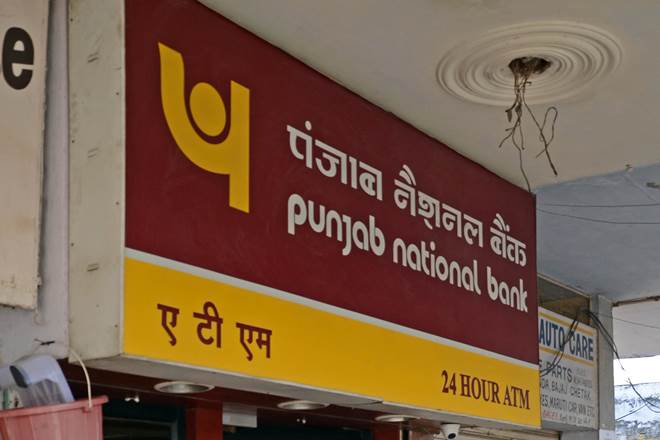Lenders to Oliver Engineering, led by Punjab National Bank (PNB), have sought expressions of interest (EoIs) for a majority stake in and management control of the company. As on September 1, Oliver Engineering’s principal outstanding was Rs 364 crore, while its interest overdue was Rs 147 crore. In all, it owes its lenders Rs 517 crore.
The lenders already have an offer in hand for the company and the buyer will be chosen through a Swiss challenge based on the existing offer. The investor who has made the binding offer will then get a chance to match the highest bid that emerges from the bidding process.
PNB Investment Services (PNBISL) is running the process on behalf of lenders to the company.
In the bid document, PNBISL said, “Minimum offer should have higher NPV (net present value) and higher upfront payment to lenders as compared to the existing binding offer. It is further stipulated herein that the minimum offer shall be equivalent to the sustainable debt of `309.94 crore, which is taken as the base/floor price.” The last date for submission of EoIs is December 7.
Oliver Engineering is engaged in manufacturing critical casting components for non-automotive segments primarily for tractors, commercial vehicles, off-road vehicles and earthmovers for domestic and international markets. It has a facility for ferrous casting at Rajpura in the Patiala district of Punjab. The plant began commercial operations in July 2014.
According to the project profile put out by PNBISL, the company has been experiencing “financial constraints” since commissioning. “Post COD of the plant, the company took unexpected time to achieve stabilisation in plant operations due to installation of very complex equipment kit,” the profile stated.
PNB has made cash recoveries worth Rs 7,840 crore so far this year.
Banks have taken to selling assets through the Swiss challenge method to investors and through all-cash deals to asset reconstruction companies (ARCs) to hasten recoveries. They have chosen these options as resolutions under the insolvency process undergo delays because of litigation and the inter-creditor agreement (ICA) remains untapped.


